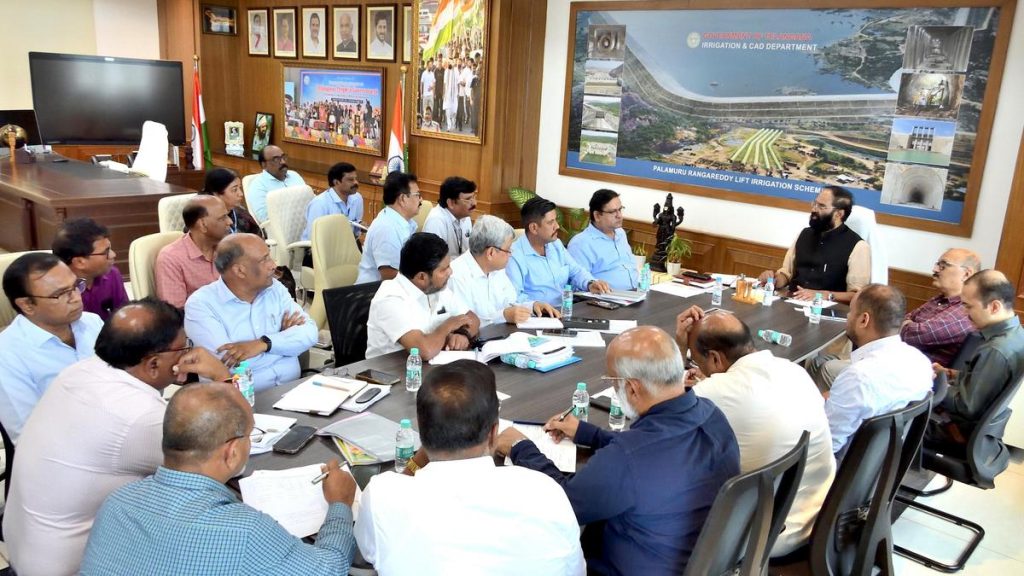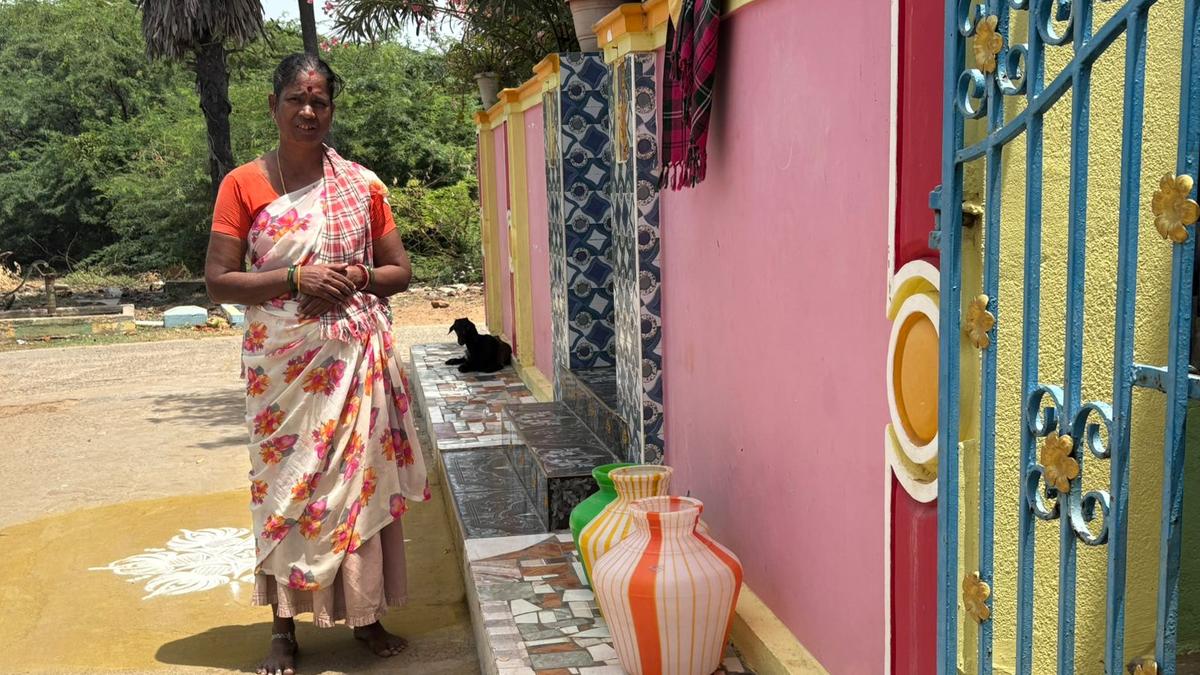Now Reading: Rainfall Delays Spark 36% Surge in July Water Tanker Bookings
-
01
Rainfall Delays Spark 36% Surge in July Water Tanker Bookings
Rainfall Delays Spark 36% Surge in July Water Tanker Bookings

Swift Summary
- The Hyderabad Metropolitan Water Supply & Sewerage Board (HMWS&SB) recorded a 36% increase in water tanker bookings this July compared to previous years.
- Between July 1 and 14, consumers booked 86,520 water tankers, as opposed to 63,724 during the same period last year.
- The rise in demand for water tankers is attributed to delayed rainfall in Hyderabad this month.
- HMWS&SB has a fleet of 1,135 tankers and operates through 140 filling points across the city.
- Six divisions-SR Nagar, Kukatpally, Durgam Cheruvu, Nizampet, Manikonda, and Sahebnagar-account for most of the demand during this dry spell.
- Only about 42,000 households out of the total 14 lakh connections are frequent buyers of water tankers; approximately 90% of all tanker bookings originate from repeat consumers.
- Survey findings show that around 16,000 daily tanker-dependent users lack mandatory rainwater harvesting pits (RWHs).
- Officials emphasize that homes larger than 300 square yards must install RWH systems per regulations.
- While doubling charges for water tankers was proposed last year but not implemented yet. Awareness campaigns targeting repeat users without RWH may roll out soon.
Indian Opinion Analysis
The significant uptick in water tanker bookings signals a growing reliance on supplementary sources amid delayed monsoons-a recurring challenge resulting directly from weather irregularities and systemic inefficiencies in urban planning. Data showing that frequent buyers are overwhelmingly residents who lack rainwater harvesting pits points to policy enforcement gaps concerning groundwater conservation strategies.
Building awareness among citizens without functional RWH infrastructure is critical since these systems reduce long-term dependence on external supply sources while replenishing aquifers during rainfall periods. While authorities have hesitated to implement measures like increased tanker prices due to potential public backlash or affordability concerns for essential resources like drinking water-this delays sustainable resolutions.
If prolonged dry spells continue into peak summer cycles or monsoon failures worsen regionally across India-the broader implications include strain on municipal resources for emergency distribution models like fleets or ramped construction-related RHD potentially multi districts urban-rural projects
























